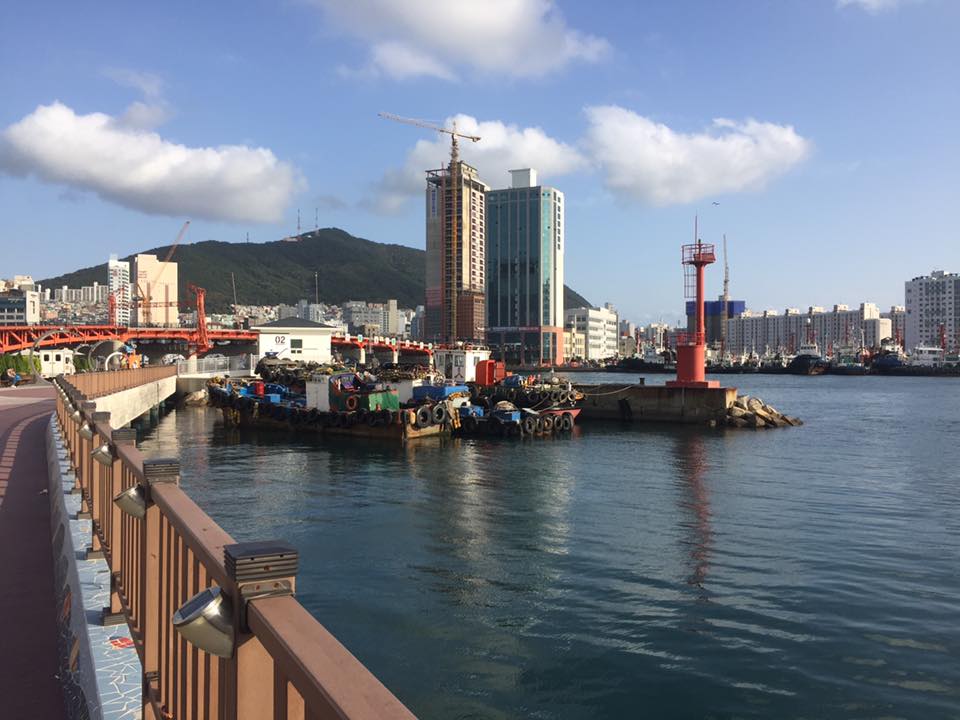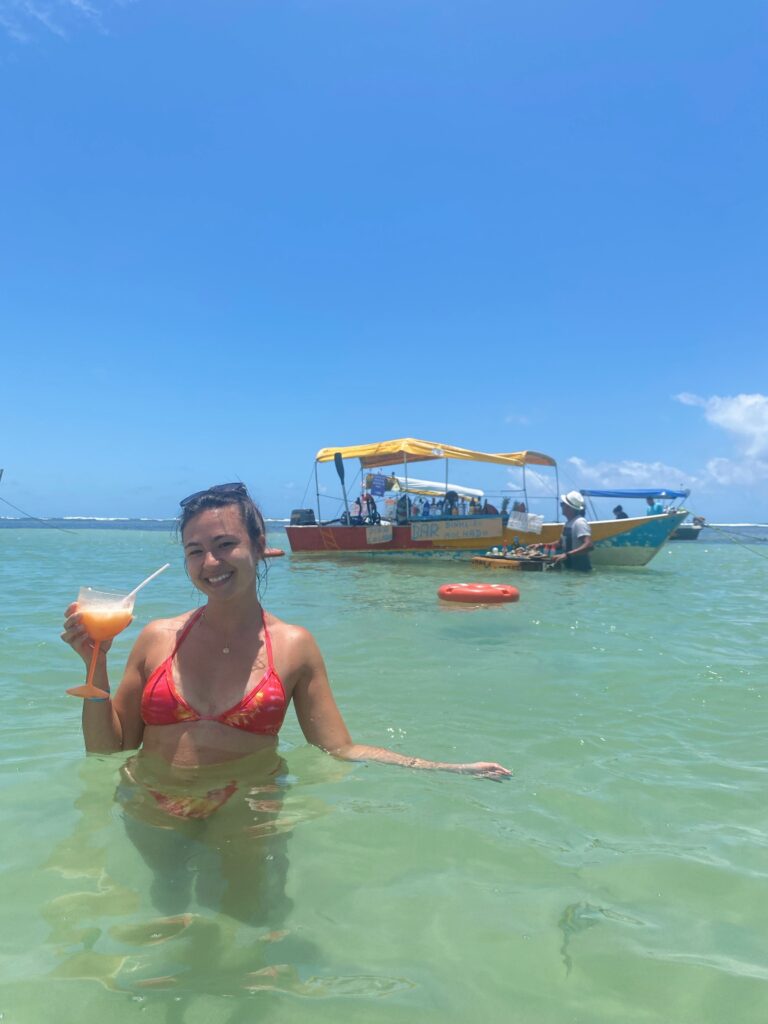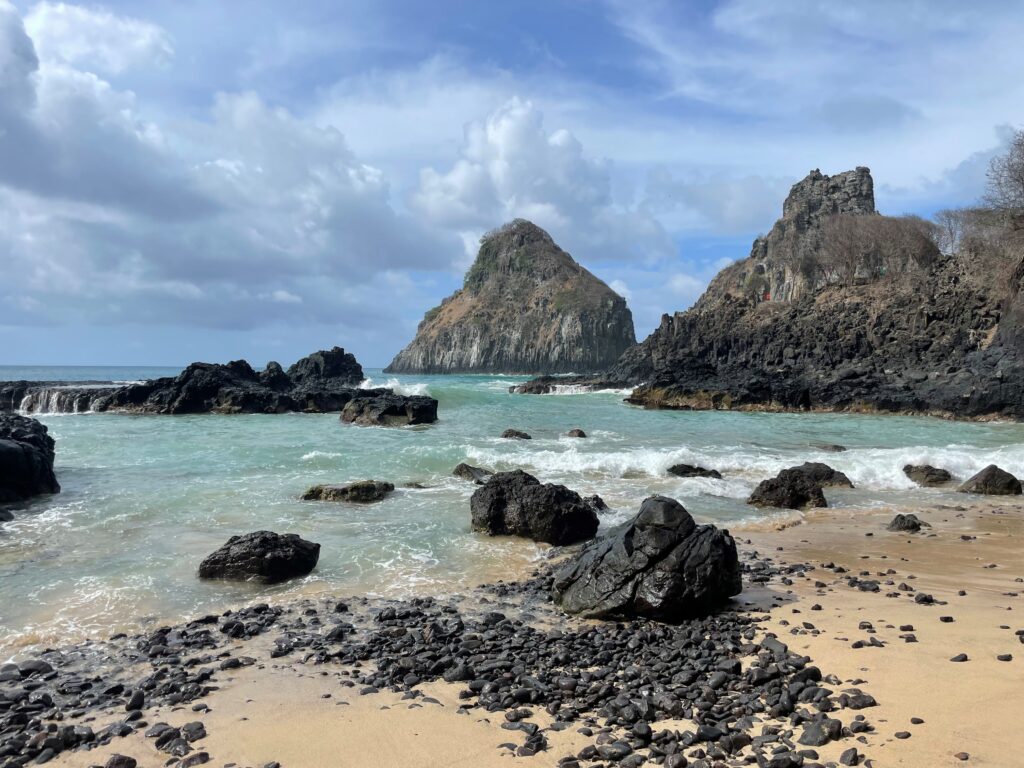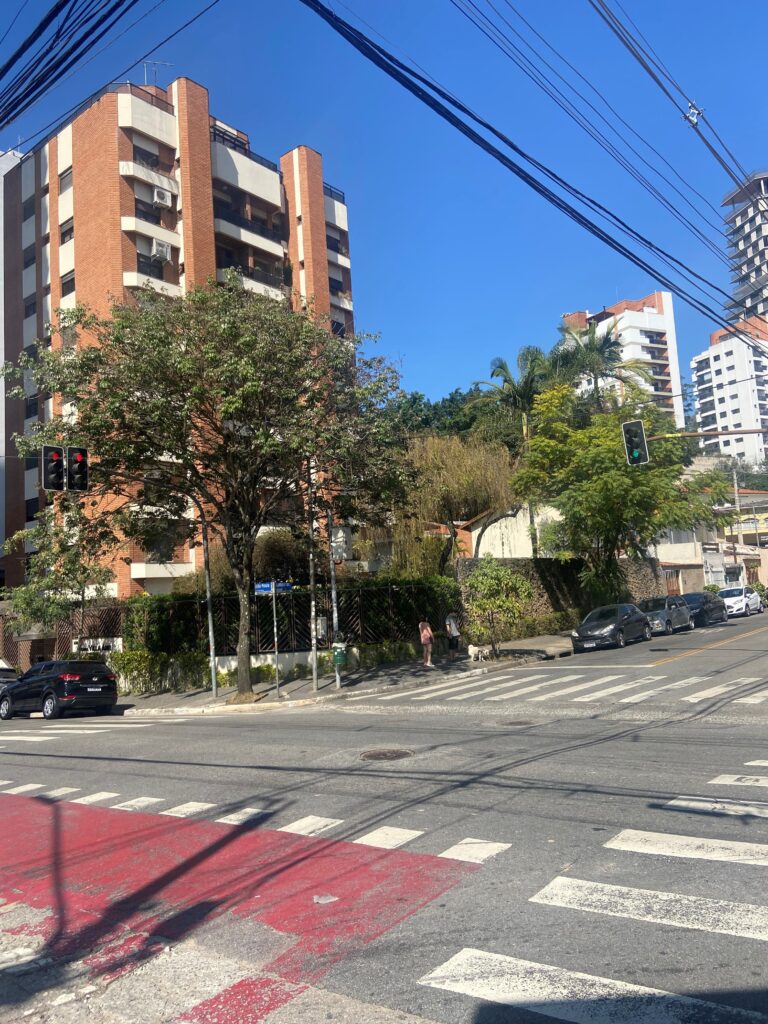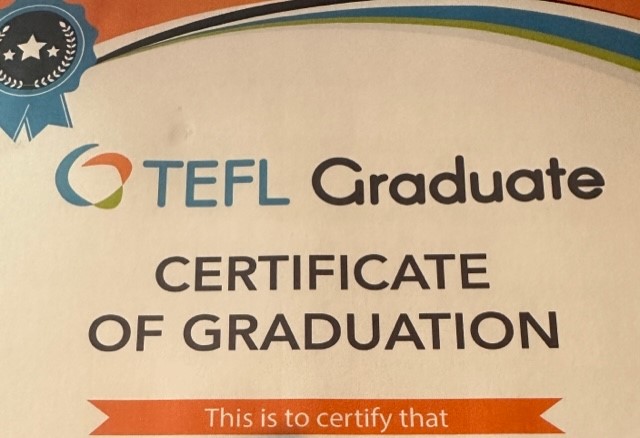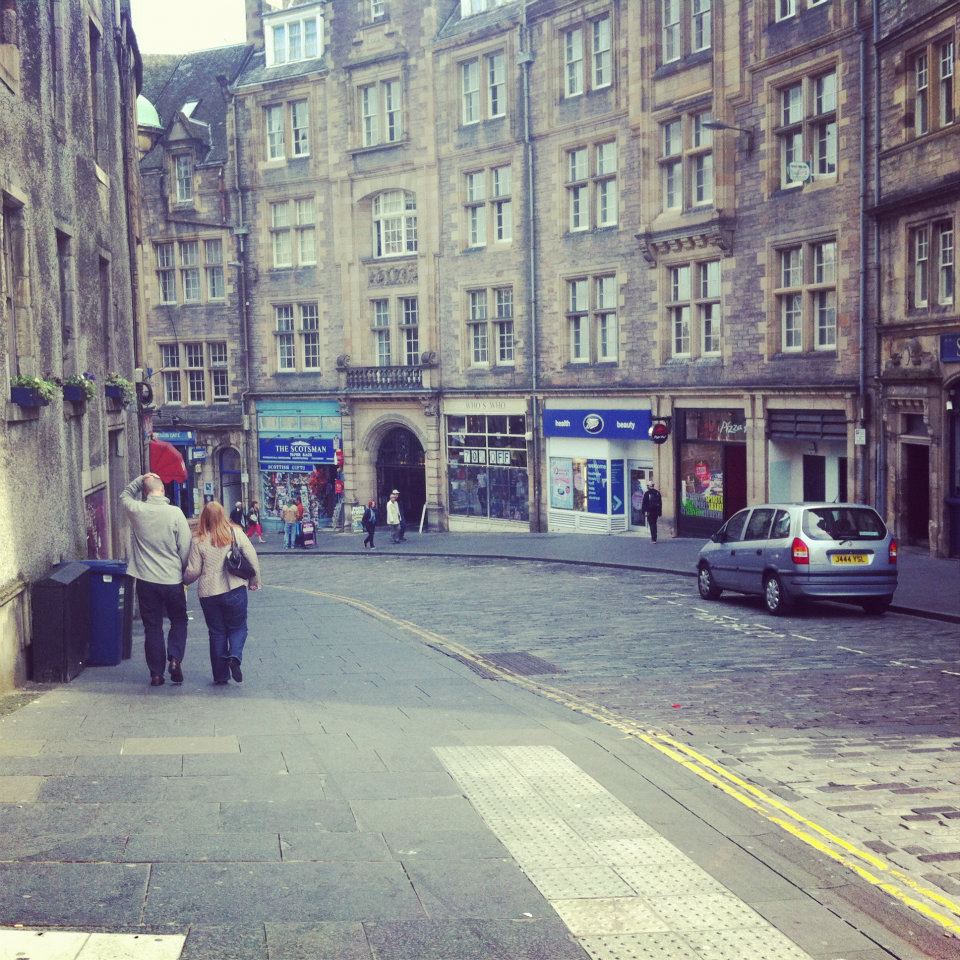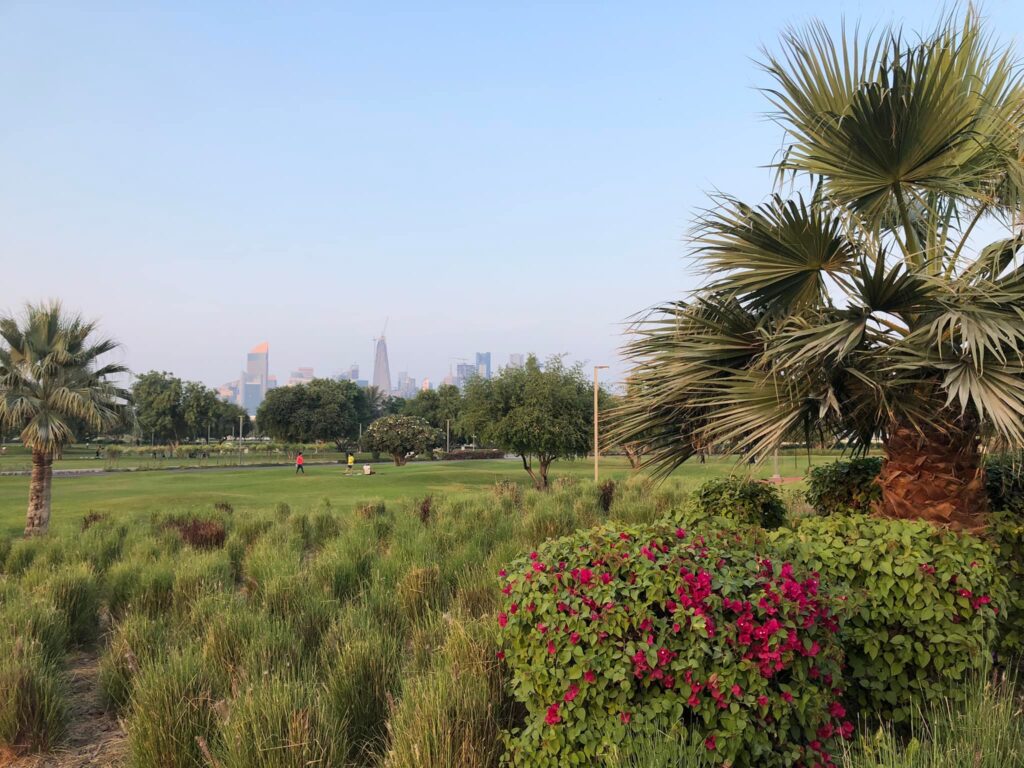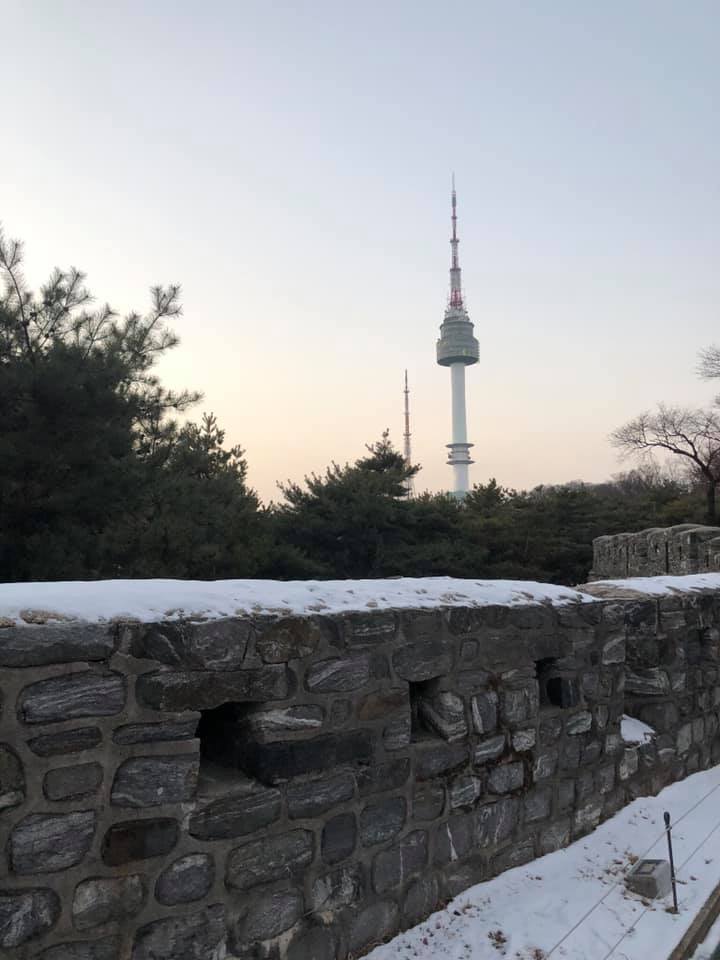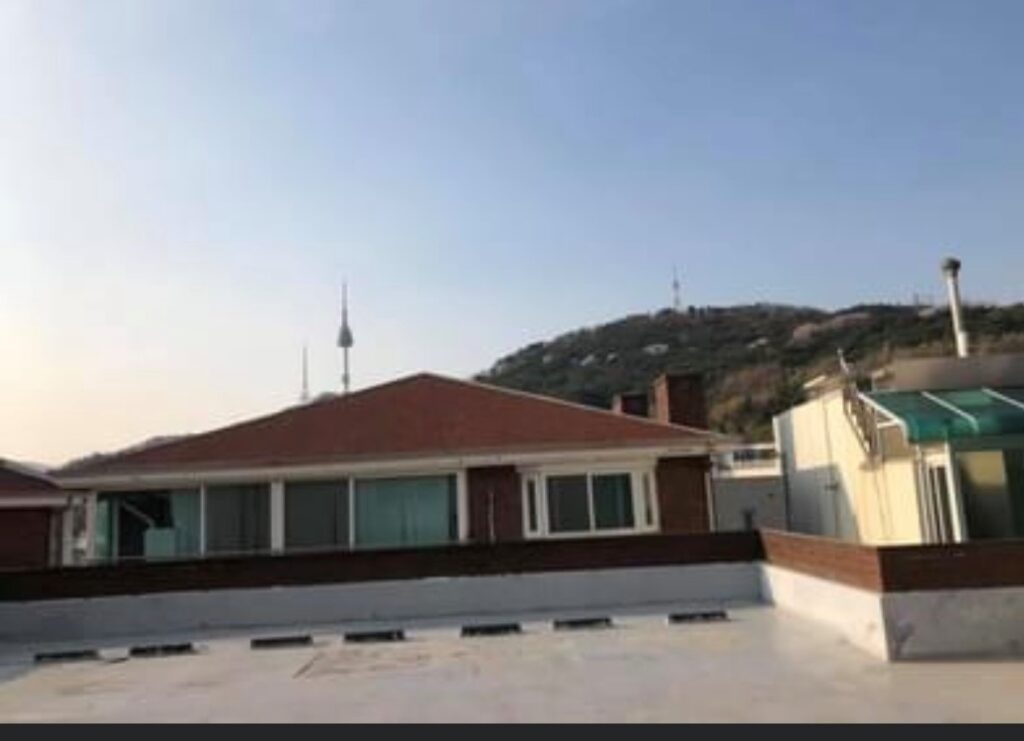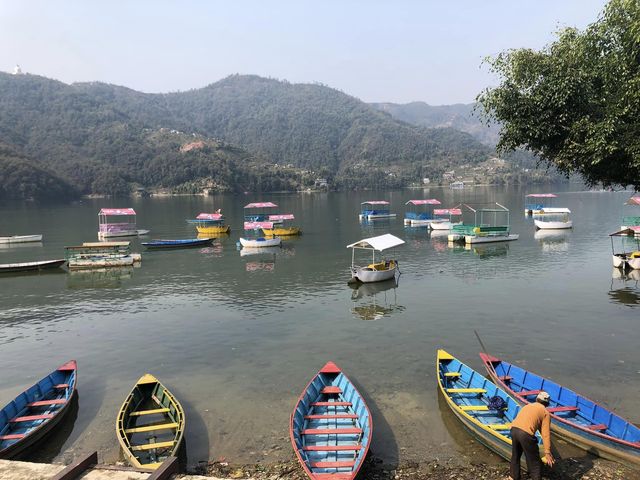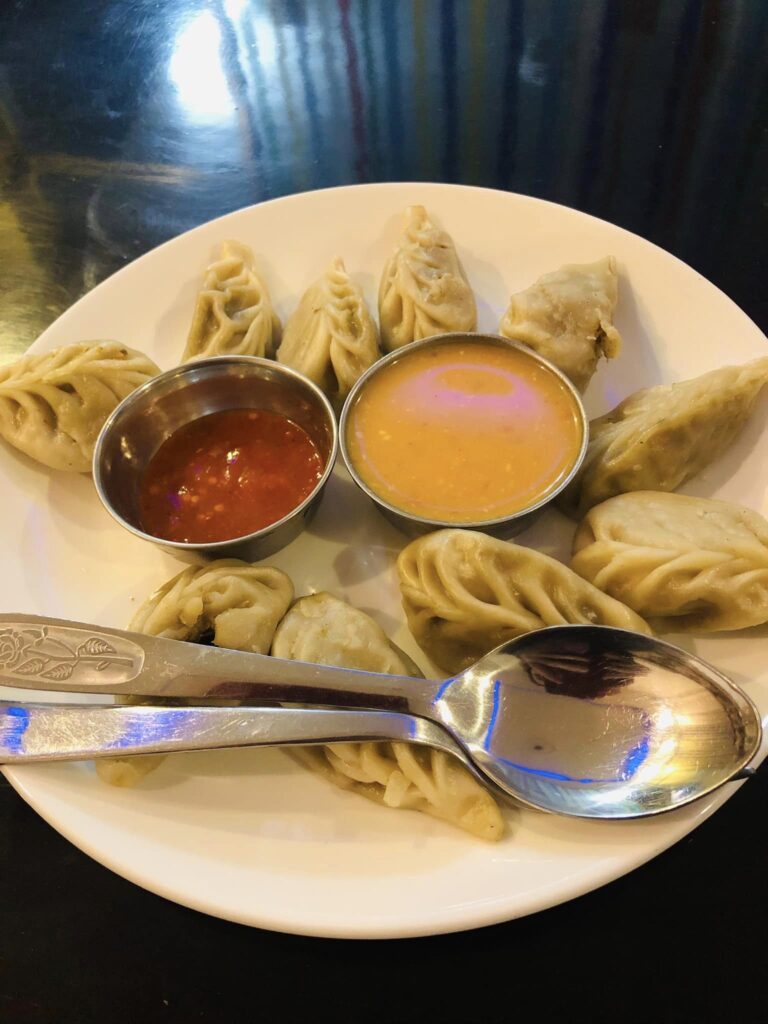What is it like living and teaching in Korea?
A Glimpse into Life in Korea: An Interview with Nick
It’s a pleasure to reconnect with Nick, a seasoned international school teacher currently based in the city of Busan, Korea. In this interview, l will dive into Nick’s journey, from his teaching experiences across the globe to his life in Korea. I had the privilege of meeting Nick while I was living in Korea. Today, we will learn more about his time in this captivating country.
Vicky: Can you tell the audience a bit about yourself?
Nick: Certainly! I am American. I’m currently teaching at an international school in Busan, Korea. I grew up in the United States and have been a teacher for over a decade.
Vicky: Where else have you taught?
Nick: I’ve been living in Busan for three years now. Before that, I taught in various countries, including America, Mongolia, Malaysia, and Chile.
Vicky: What do you teach, and where did you train?
Nick: I trained in the United States, and I am a high school music teacher at an American international school.
Vicky: Did you move to Korea with anyone?
Nick: I moved to Korea alone, but I’ve been fortunate to make friends both in the Korean community, among expats, and with my colleagues. The friendliness of locals and expats made settling in relatively easy. As for the dating scene, it’s quite active here, and many expats have found their partners here. I met my fiancé here and she’s Korean.
Vicky: What’s the best thing about Korea?
Nick: Korea has so much to offer. The food is fantastic, the nightlife is great, and the locals are incredibly welcoming. Travel opportunities within Korea are endless, and the country’s diverse landscapes are awesome. The efficient and affordable transport system, including subways to ski resorts, makes exploring easy. Plus, I get to meet people from all over the world, just like you, Vicky.
Vicky: What are some of the challenges you’ve encountered?
Nick: There are a few challenges. I’m not a fan of the trash that sometimes litters the streets for extended periods. Also, the prevalence of people taking selfies everywhere can get a bit boring. The cost and distance of flights back home to the US can be a bit shocking, and the air quality can sometimes be a concern. Long distance flight costs have gone up significantly in recent years. The treatment of animals can be awful.
Vicky: Can you tell me a bit about your school?
Nick: Of course. I work at an international school that follows an American curriculum. My work hours vary but generally align with the school’s timings. Occasionally, I might have some training on a weekend or need to support with a school event. I receive flights, medical coverage, salary, and accommodation as part of my package. The workload can at times be heavy, but I am compensated well. Fortunately, I can travel extensively during vacations, with affordable flights booked in advance to places like the Philippines. You can get some good deals on flights to Asian countries from here.
Vicky: What’s the best thing about your school? Was it hard to get your job?
Nick: The best thing about working at an international school in Korea is the exposure to diverse cultures and perspectives. It enriches both your personal and professional life. I also appreciate the generous vacation time, which allows me to travel and visit family. I work at a great school so there was lots of competition.
Vicky: Are there any challenges?
Nick: Teaching in Korea has its challenges, as in any other country. It’s essential to adapt to the specific demands of the school you’re at. For instance, in some private schools, expectations may be high, and you might have a rigorous workload. Korean students are hardworking but sometimes come to school tired due to late-night classes at hagwons. At times, I do miss home, but the large expat community and the ability to stay connected through video calls helps. There is a large American expat community here, so I can find home comforts.
Vicky: Can you save a lot of money?
Nick: My salary provides a good quality of life considering the cost of living in Korea. I’m able to save a decent portion of my income, but I also make sure to have fun and explore the country during my free time. Not having to pay rent is a significant advantage for saving, and the benefits, like retaining my pensions after leaving, add to the financial security. I do empathize with British citizens like you, Vicky, who lost all your pension contributions due to nationality.
Vicky: Yes, that was very annoying! My school and I paid lots into the mandatory pension fund. I lost it all because I am British, but if I had stayed for ten years, my understanding is I might have got some of it back. My school did provide me with a gratuity though.
Nick: I got the gratuity in addition to the pension.
Vicky: Any helpful tips for people coming to Korea?
Nick: Sure! While most people speak English, it’s a good idea to learn some basic Korean and make connections within the expat and local communities. Korea is a beautiful country with so much to offer. Also, if you have big feet, consider bringing shoes, and prepare for the cold winters and humid summers. You’ll have a blast here so look forward to it. Korea is a great gig. If you don’t have a shipping allowance for overseas jobs then using https://www.sendmybag.com/?affid=467034 can be an option for a bag or two. Nearly everything else things you can rebuy here.
Vicky: Do you feel safe in Korea?
Nick: Overall, I feel safe in Korea. However, there can be occasional concerns, especially regarding the situation over the border. But life goes on, and I don’t think about it much unless people back home raise concerns during very rare tense times. We have so many US military stationed here anyway.
Nick’s journey as an American international school teacher in Busan, Korea, offers valuable insights into the expat life, teaching abroad, and the unique experiences that come with living in such a culturally rich and diverse country. I wish Nick continued success and fulfilment in his teaching journey in Korea. Thank you, Nick! I look forward to visiting you back in one of the best countries I have lived in. I love Seoul and Korea too. Click here for a Youtube clip for some of the Pros and Cons of Seoul.
/


